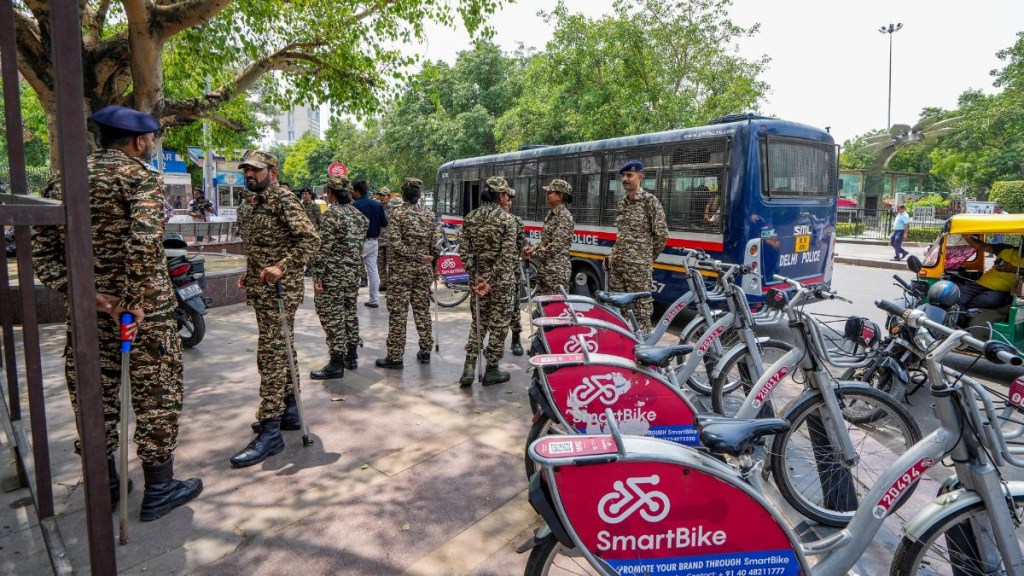For the first time since 1971, India is set to conduct an extensive version of civil defence mock drills. They will conducted throughout India in 259 locations. Directed by the Ministry of Home Affairs (MHA), the exercise aims to asses the Nation’s preparedness for a potential war situation. This comes nearly two weeks after the Pahalgam terror attack taking lives of 26 innocent people.
The Modi government announced the mock drills as tensions between India-Pakistan increase. After already being amid a trade crisis after Trump’s tariff tantrums, the Pahalgam terror attack rekindled the deep-seated wounds between the countries. The Indian government has attributed the attack to Pakistan-based militants, a claim that Islamabad has denied. In response, Pakistan has conducted multiple missile tests, including the launch of the Fatah series surface-to-surface missile with a range of 120 km.
What will happen in mock drill tomorrow?
It must be noted that such a civil defence mock drill wasn’t conducted during the 1999 Kargil War. However, MHA has directed several states to conduct the same tomorrow on May 7. The letter ordering the mock drills also stated that civil defence is considered an “integral component of nation’s passive defence strategy”.
Various civil defence volunteer authorities such as the National Cadet Corps (NCC), National Service Scheme (NSS) and the Nehru Yuva Kendra Sangathan (NYKS) will be involved. School and college students will also be involved.
The drills will encompass a range of activities designed to simulate real-life emergency scenarios. These include the activation of air raid warning sirens, implementation of blackout protocols, evacuation exercises, and public training sessions on first aid, firefighting, and shelter techniques. Control rooms and shadow control rooms will also be tested for their operational readiness.
The MHA’s directive emphasises the importance of civil defence preparedness in light of “new and complex threats” that have emerged in the current geopolitical scenario. As India ramps up its preparedness, it is simultaneously exerting financial and strategic pressure on Pakistan in the wake of the Pahalgam attack. New Delhi has suspended the Indus Water Treaty and halted all bilateral trade to deliver a firm warning. Additionally, it is exploring ways to curb Pakistan’s terror funding by engaging global bodies like the International Monetary Fund and the Financial Action Task Force.

